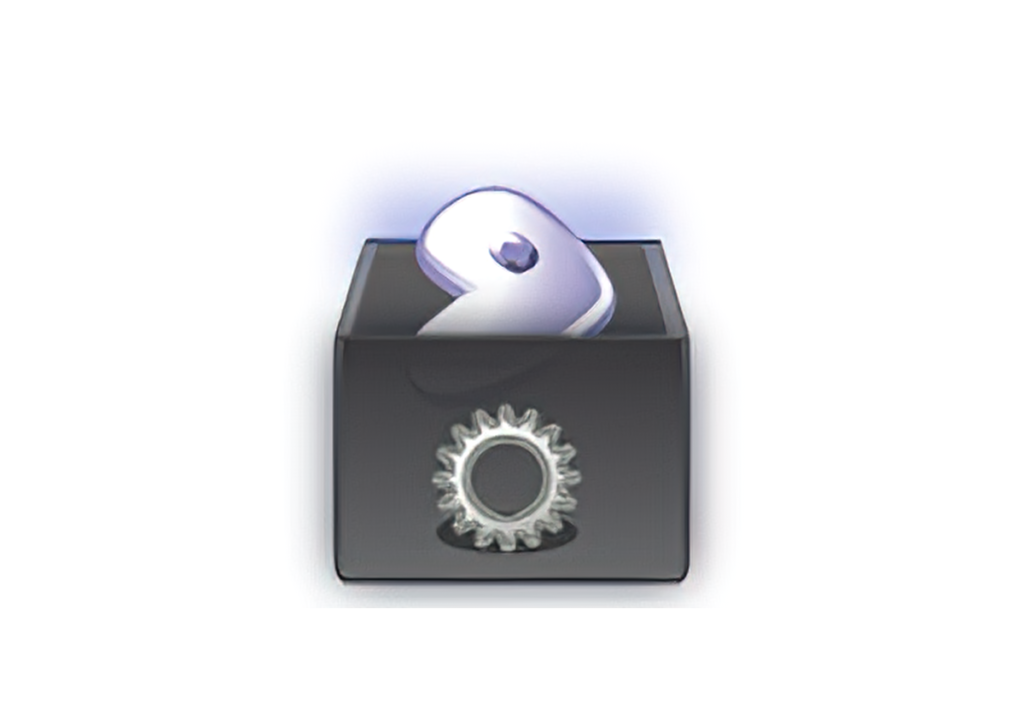While I’m still hoping for somebody to fund the PAM audit and fixup (remember: if you rely on PAM on your Gentoo systems, you really want for somebody to do the work!), and even though I have to reduce the tinderbox costs , I got some pretty cool news for many of you out there.
Up to now, the tinderbox have been running over the unstable/testing visibility for x86. The new tinderbox, which I simply called tinderbox64, uses instead the unstable/testing for amd64.
The new tinderbox is now testing ~amd64 rather than ~x86.
Why did I decide to go this route? Well, while the 64-bit builds require more space and time, I thought a bit about it, and even the stuff I introduce does not get keyworded ~x86 right away; it’s ignoring tests on my own stuff! Beside, with even my router moving to 64-bit to give the best with hardened, I start to think x86 is not really relevant for anything, nowadays.
It’s not all there of course; there are a number of issues that only appear on 64-bit (well, there are almost as many that only appear on 32-bit but for now let me focus on those): integer and buffer overflows, implicit function declarations that truncate pointers to integer, 64-bit unsafety that makes packages fail to build… All these conditions are more relevant because 64-bit is what you should be using on most modern systems, so they should be the ones tested, even more than ~x86.
Now of course it would be better to have both tinderboxes running, and I think I could get the two of them to run in parallel, but then I’d need a new “frontend” system, one I could use both for storage and for virtual machine hosting; probably something a little more beefy that the laptop I’m using, mostly in term of RAM, would be quite nice (the i7 performs quite nicely, but 4GB of RAM is just too little to play with KVM). But even if I could afford to buy a new frontend now (I cannot), it would still be a higher cost on a monthly basis in power. Right now I can roughly estimate that between power, and the maintenance costs (harddisks, UPSes, network connection), running the tinderbox is costing me between €150 and €200/month, which is not something I can easily afford, especially considering that last year, net of taxes and most expenses, I had an income of €500/month to pay for groceries and food. Whoopsie. And this is obviously without including the time I’m spending for manually review the results, or fixing them.
Anyway, expect another flood of bugs once the tinderbox gets again up to speed; for now, it might find a few more problems that previously it ignored, since it started building from scratch. And while the 32-bit filesystem is frozen, I’ll probably find some time to run again the collision-detection script that is part of Ruby-ELF that is supposed to find possible collisions between libraries and similar, which is something that is particularly important to take into consideration as those bugs tend to be the most complex to debug.
